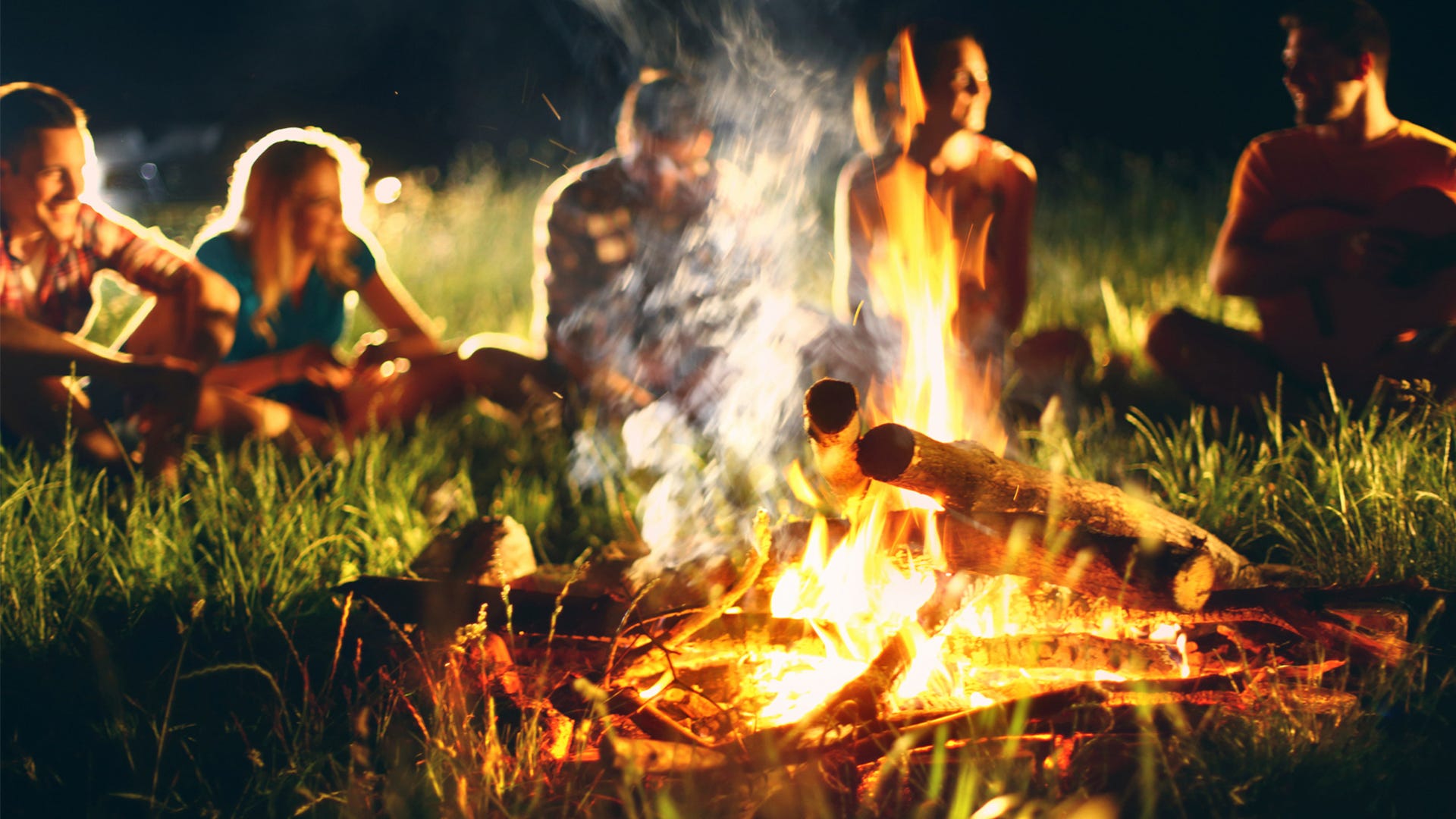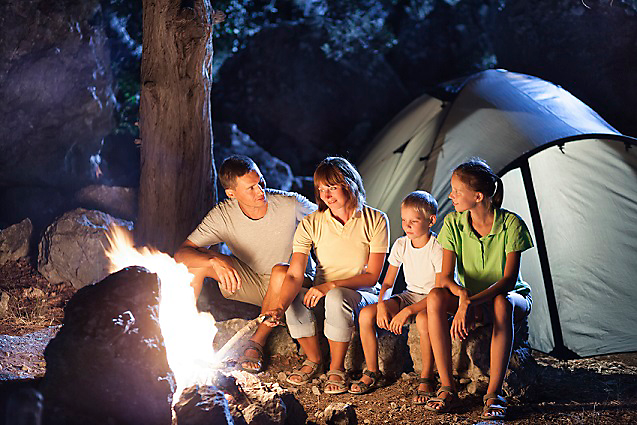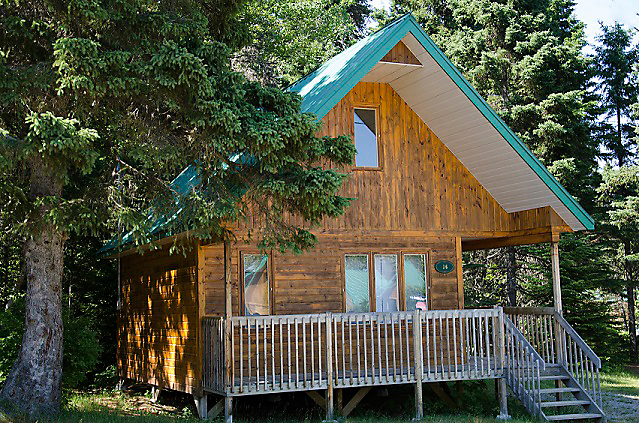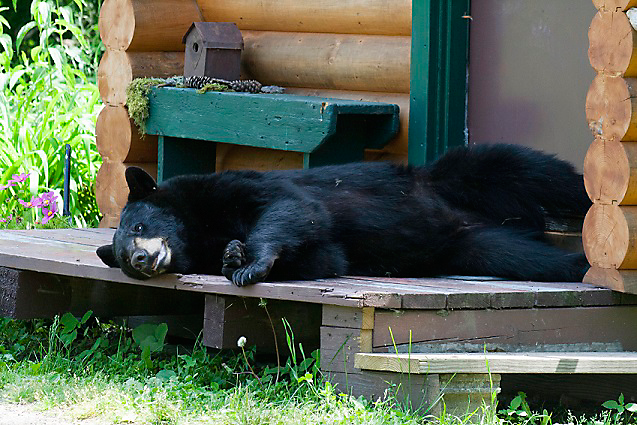
As warm weather sets in and you look to enjoy nature, keep in mind that there are many animals that have the same plans you do. Through the spring and summer, insects and other animals all set out to make the most of their few months in the warmth before fall triggers declining temperatures. For this reason alone, you need to learn how to get along with these natural denizens and avoid attracting them during camping trips.
Campsites
Nothing ruins a vacation like an uninvited animal – or swarm of them – that won’t go away. Whether it is a harmless insect that won’t leave you alone, or a bug or rodent known to carry transmissible diseases, the ability to repel pests can be the saving factor in your camping experience.
When not cooking or eating food, keep it secured in containers that seal, and consider cups with lids rather than open cans, bottles or mugs. Repellents are available in both chemical and natural forms, but make sure to read the labels so you know what animals they work – or don’t work – against. You may need several of these products, depending on what is commonly found in the area.
Use insect-repelling sprays or lotions for your skin, especially if you plan to do some hiking among high vegetation. And have a handy tick remover, as can be found in any pet supply store, in case one happens to attach itself to you. Make sure to check yourself thoroughly after such treks, as you could easily pick one of these bloodsuckers up without your knowledge.
If you come across a snake or scorpion, avoid them at all costs. And if one makes its way into your campground, move away and allow it to continue on unthreatened. A bite or sting will require medical attention, not to mention how badly it would hurt, so err on the side of caution.
Rodents may carry disease, so treat these critters with the same level of seriousness and keep away from them too. As they are drawn to refuse, keeping your camp as clean and garbage-free as possible will go a long way. To recap:
- Keep unused food sealed
- Use sprays/lotions to repel insects
- Check after hikes for ticks
- Avoid wild animals that may bite or sting
- Remove garbage and discarded food
Pests in Cabins
If you stay in a cabin, the same rules apply concerning keeping the area clean and free of smelly garbage. But since a cabin isn’t as exposed and offers more opportunity for protection, you might as well take advantage of this. Keep doors closed and sweep up inside, outside and in front of entrances.
If you own the cabin, make sure that there aren’t any holes or cracks that can be exploited by critters or insects. Use caulk on any you find, and pay special attention to doors and windows. Weather stripping and a self-closing door hinge will add to the security of your retreat.
Common Critters
- Mosquitoes – besides leaving behind bites that are itchy and sometimes painful, they are also able to transmit diseases through these bites, making them a more serious pest
- Mice – these pests can squeeze their way into openings the size of a dime and carry diseases that may be spread through their droppings or from a bite
- Opossums – a nocturnal garbage raider, the opossum has a strange defense method of dropping unconscious, as if dead, giving birth to the term “playing possum”
- Raccoons – these disease-carrying critters are known to knock over trash cans in search of anything edible while you try to sleep
- Skunks – aside from carrying diseases, skunks are famous for shooting a powerfully foul-smelling spray which is extremely hard to remove from your clothes, hair or skin
- Squirrels – these rodents are not skittish about approaching people and love to raid your food stores
An Additional Note Regarding Bears
If you are staying in an area that has a bear population, there is an added danger that should not be disregarded. While the statistics may show that there is a small number of fatalities due to bear attacks, the threat is still very real. Do not feed bears, either intentionally or unintentionally by leaving out food that they may steal, and invest in bear-proof containers.
It may not have the reputation of a grizzly bear, but the black bear may also overpower and kill a person. Since you are not part of its diet and it is drawn to your cooking instead, try to find a clearing for your cookout spot, so none can sneak up on you. Place your cooking area far enough away from where you sleep. The smell of your feast will linger even after you have cleaned up, and when the bear searches for any leftovers, it would not be wise to suggest that your tent is the source of the odors.
Stay Safe While Camping
The best way to ensure that you have a good time in the wild is to remember that it isn’t called “the wild” for no reason. Familiarize yourself with the dangers known to exist in the area where you intend to stay, and take steps to protect yourself and anyone that comes along with you.
We invite you to share your camping photos and tips on our Facebook page and let us know about your safe, adventurous excursions in the great outdoors this summer. Subscribe to our eNewsletter for more helpful tips and exclusive updates from Safer® Brand.






